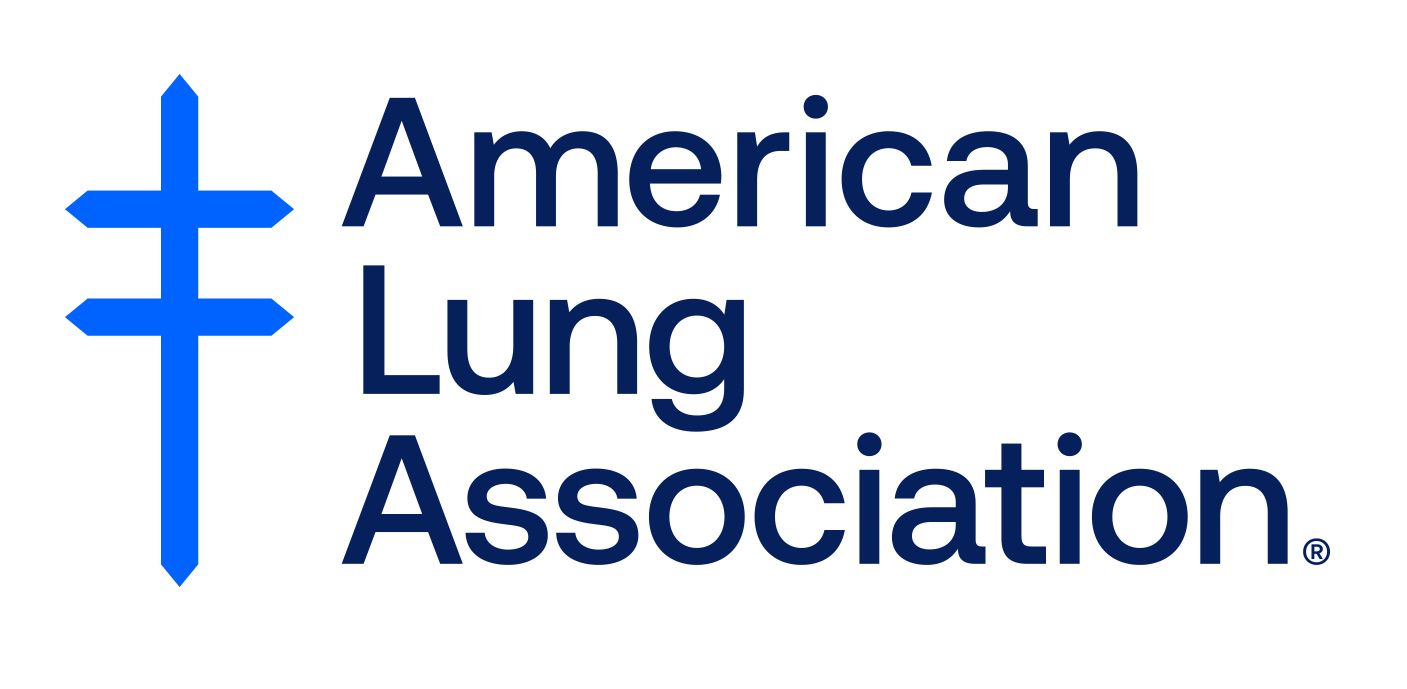
Patient Groups Release Their Health Care Wish List for Next President

A group of patient advocacy organizations released their 100-day agenda for the next president.
With the winner of this year’s presidential race still undecided days after Election Day, a coalition of patient advocacy organizations recently released what they call
In a 32-page report, the organizations outline 3 major areas that they say need to change in order to meet the idea that health care is adequate, affordable, and accessible. They call for reducing administrative care barriers; standing up for patients, such as in the lawsuit being heard this coming Tuesday in the Supreme Court over the Affordable Care Act (ACA); and lobbying for what they call a “robust, pro patient legislative agenda.”
The 33 groups that signed onto the document include the National Organization for Rare Disorders, the ALS Association, the American Lung Association, the Cystic Fibrosis Foundation, the National Multiple Sclerosis Society, the Epilepsy Foundation, the Leukemia and Lymphoma Society, and others.
The 29 recommendations are largely a repudiation of the policies enacted during the past 3 years by the Trump administration, such as allowing Medicaid work requirements, promoting Medicaid block grants, and expanding the use of short-term, limited-duration insurance (STLD) policies.
As such, some of the recommendations are symbolic and are aimed at the Democratic nominee, Joe Biden.
On Tuesday, November 10, the Supreme Court will hear oral arguments in Texas v California (originally called Texas v Azar, until the Department of Justice said it would not defend the constitutionality of the law). Earlier this year, the Trump administration asked the Supreme Court to repeal the ACA, also known as Obamacare.
In 2017, the GOP and the Trump administration eliminated the individual mandate—the heart of the ACA that requires everyone to have health coverage and lays the groundwork for a risk pool that is more balanced between the sick and the healthy and the young and the old. Subsequently, in 2019 the Fifth Circuit of the United States Court of Appeals ruled the mandate unconstitutional.
If Biden wins the presidency, the high court's ruling would be released during his first 6 months in office.
The plan released by the organizations also called for a public option that both increases the number of individuals who are insured and ensure access to “robust provider networks.”
One recommendation, eliminating surprise medical bills, has had bipartisan support since at least 2018, but the administration and Congress were unable to come to any agreement on a number of proposals.
The role of Medicaid is emphasized throughout the report, especially as there was an estimated loss of employer-sponsored coverage for 5.4 million people during the start of the pandemic earlier this year. The program serves 1 in 5 Americans, who are not only low income but who are also more likely to suffer from pre-existing conditions as well as chronic disease.
The plan calls for improved access to high-quality coverage in the ACA marketplace by increasing subsidies, reinstating longer
Newsletter
Stay ahead of policy, cost, and value—subscribe to AJMC for expert insights at the intersection of clinical care and health economics.








